International Day of Democracy – Sudan’s dreams shattered by war
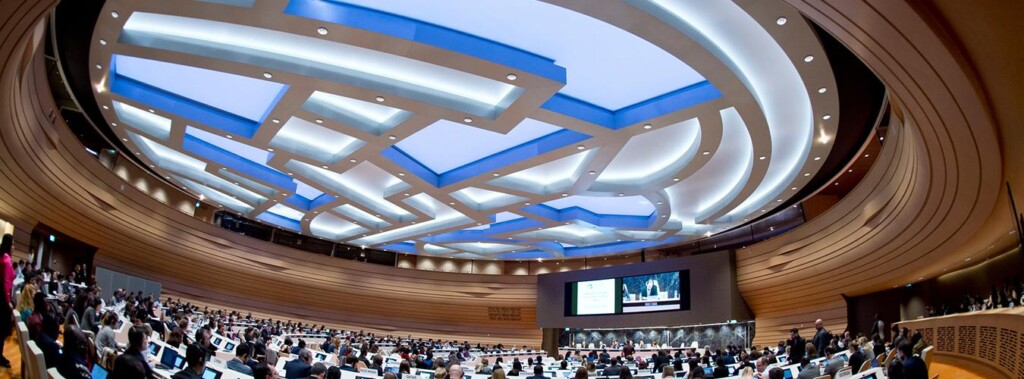
Delegates gather to engage in global dialogue aimed at strengthening democracy, protecting human rights, and promoting inclusive international cooperation at the UN Office in Geneva. (Photo: UN / Jean Marc Ferré)
By Iman Ibrahim
Marking the International Day of Democracy on September 15, Sudan stands as a stark example of a nation where the promise of democratic participation has been silenced by war. The Rapid Support Forces (RSF) and Sudanese Armed Forces (SAF) have fought since April 2023, erasing the fragile gains of Sudan’s 2019 revolution and leaving no path toward civilian rule.
The human toll is staggering. Radio Dabanga reported that as of July 29, 2025, more than 9.9 million people are internally displaced across 10,731 locations in all 18 states, with over two million returnees since late 2024. A separate update notes nearly 12 million displaced overall, including almost four million refugees abroad.
“We call on the international community to implement an arms embargo and ensure those responsible for serious human rights violations are held accountable,” urged the UN Fact-Finding Mission on Sudan in June 2025. Yet even under indiscriminate airstrikes and RSF assaults, Sudan’s resistance committees continue to demand “freedom, peace, and justice.” Their defiance is a stark reminder that democracy cannot survive without protecting civilians, and that Sudan’s citizens have not given up on a civilian-led future.
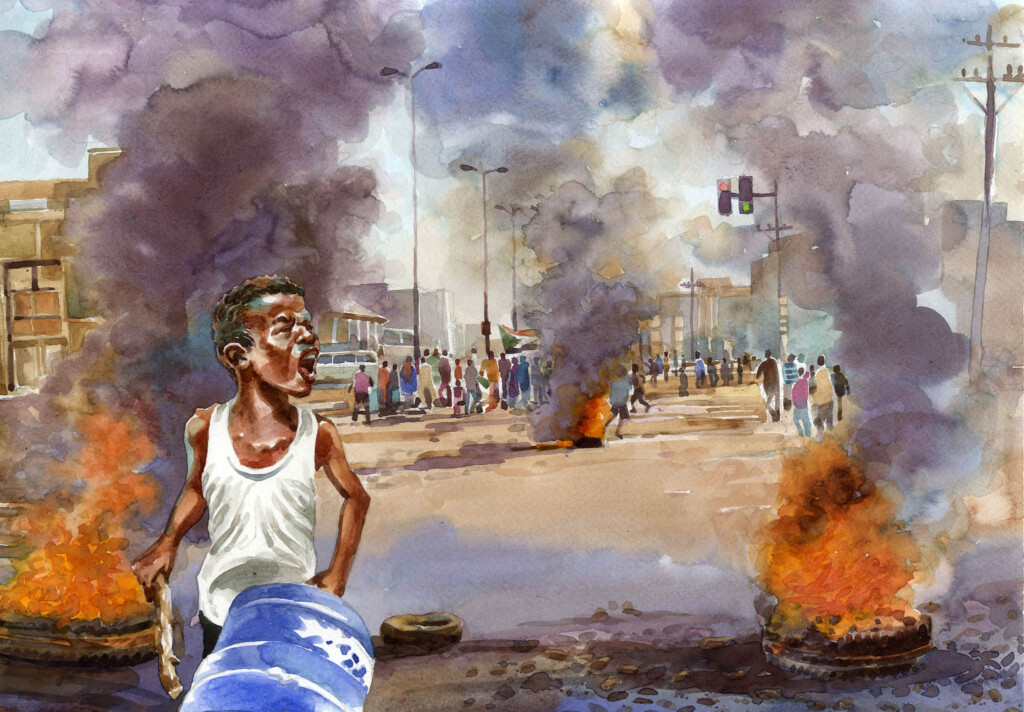
Al Bashir dictatorship
Marking the International Day of Democracy, Sudan’s long authoritarian past under Omar Al Bashir shows how the deliberate dismantling of democratic institutions paved the way for today’s crisis. Al Bashir seized power in a 1989 coup with Islamist allies, launching the so-called “Salvation Revolution” that brought nearly three decades of authoritarian rule.
Under his regime, political parties were banned or forced to join the ruling National Congress Party, independent media was censored, and civic space was systematically closed. As Radio Dabanga reported, his period is remembered as “the worst experience of authoritarian rule” in Sudan’s modern history. The ICNL Civic Freedom Monitor notes that laws such as the 2006 Voluntary and Humanitarian Work Act gave authorities sweeping powers to deregister organisations, restrict assembly, and detain activists, effectively eliminating avenues for citizen participation.
Freedom House consistently rated Sudan “Not Free” during this period, citing some of the lowest scores globally for political rights and civil liberties. These decades of suppression left citizens disenfranchised and laid the groundwork for the 2018–2019 uprising that demanded “freedom, peace, and justice.”
Today, Sudan’s current struggle is inseparable from this legacy, an era that denied millions the right to shape their own future and weakened the very institutions needed to protect democracy today.
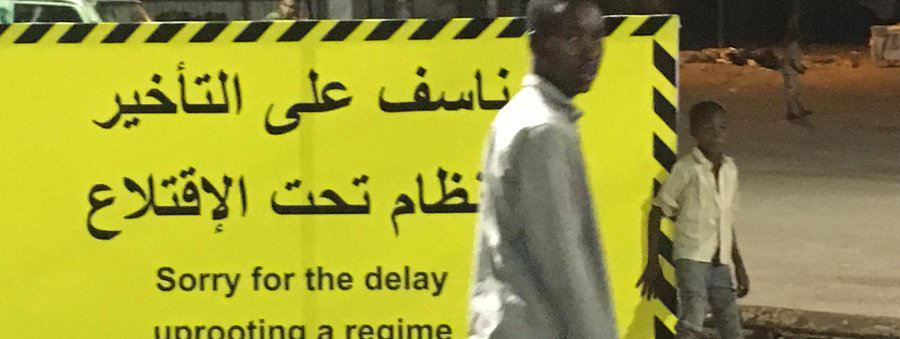
2019 Revolution and promise of transition
After months of mass protests sparked by economic hardship and decades of repression, Omar Al Bashir was ousted on 11 April 2019. The protests were spearheaded by grassroots networks including the Sudanese Professionals Association and neighbourhood resistance committees, whose rallying cry was “freedom, peace, and justice.”
The uprising resulted in the signing of the 2019 Constitutional Declaration, which created a power-sharing agreement between the Transitional Military Council and the civilian Forces for Freedom and Change. This agreement promised a three-year path to civilian governance, the drafting of a new constitution, and eventual elections.
According to the International IDEA Democracy Tracker, the immediate post-revolution period saw measurable gains: restrictions on media were eased, political prisoners were released, and civil society became more active. Radio Dabanga highlighted how women and youth played a leading role, demanding accountability for killings during the revolution and shaping the country’s democratic aspirations.
The revolution was a powerful moment of civic mobilisation that temporarily shifted Sudan’s trajectory and embodied citizens’ determination to reclaim their political future. But the transition was fragile, heavily dependent on cooperation from the same military and security actors who had dominated for decades.
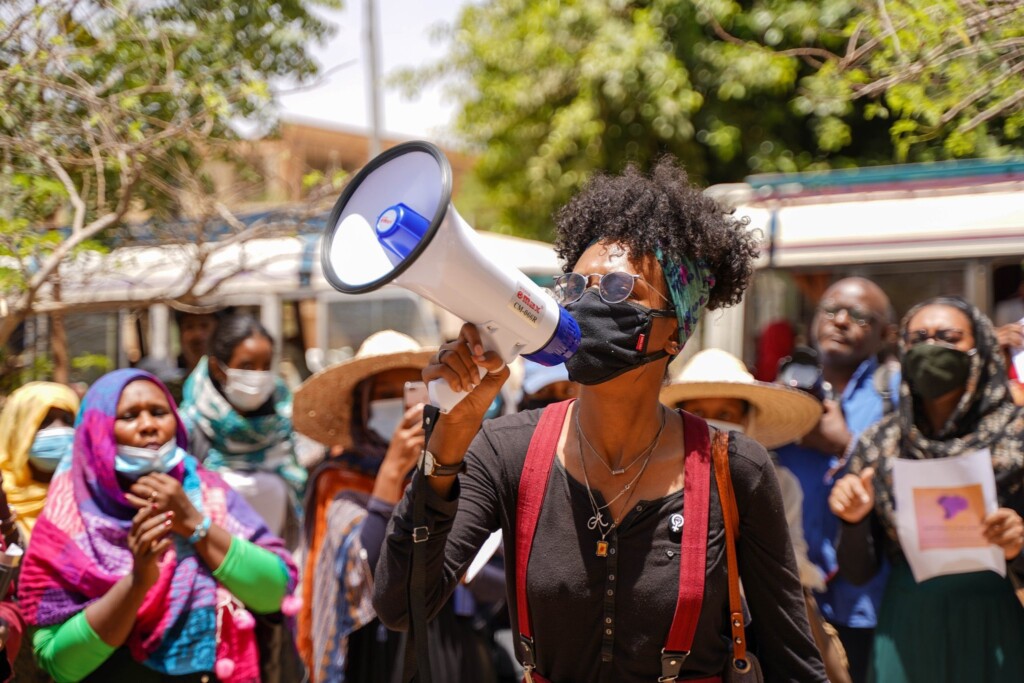
2021 coup and regression
On 25 October 2021, the fragile democratic transition was violently interrupted when General Abdel Fattah Al Burhan dissolved the Sovereignty Council and arrested civilian leaders, including Prime Minister Abdalla Hamdok. Radio Dabanga reported that Minister Abdalla Hamdok, as well as several civilian members of the Sovereignty Council, were detained and a state of emergency declared across the country
The coup triggered mass protests in Khartoum and other cities, with security forces responding with live ammunition, killing dozens, and injuring hundreds. According to Human Rights Watch, security forces repeatedly used lethal force and detained activists, journalists, and members of resistance committees.
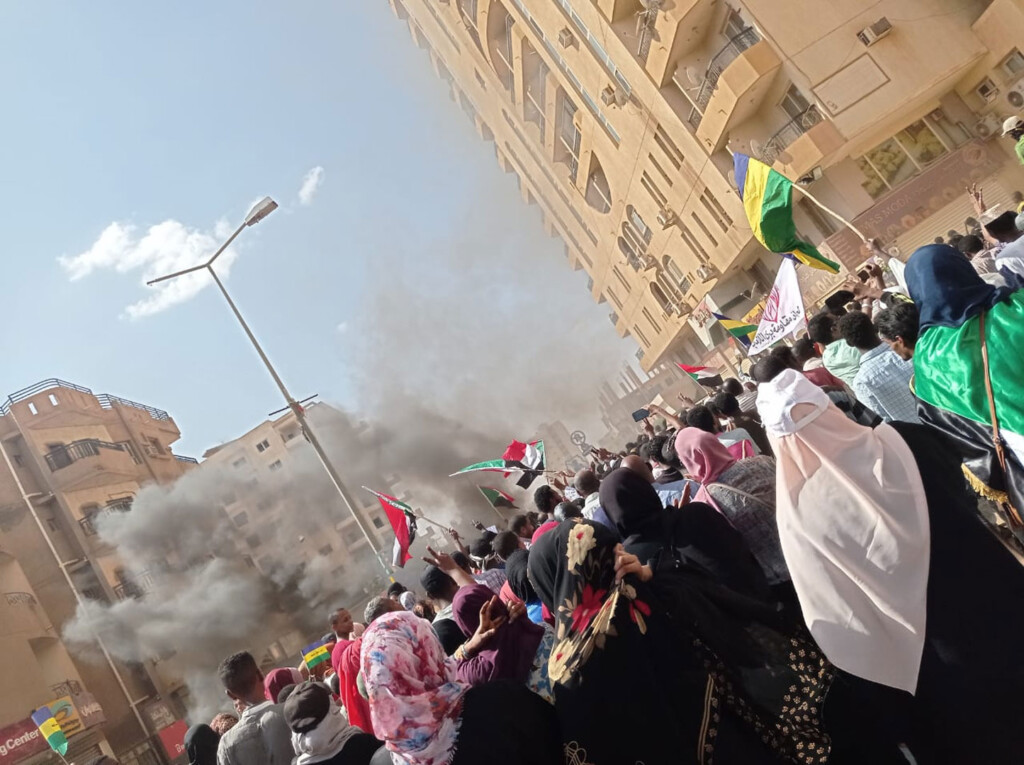
International reactions were swift: the African Union suspended Sudan’s membership, while the UN and EU called for a return to the constitutional order. However, the power-sharing deal was never fully restored. Freedom House notes that the coup marked a sharp reversal in Sudan’s political rights and civil liberties, pushing the country back toward military rule and undermining public trust in the transition.
This regression weakened institutions that had begun to open after 2019 and emboldened security forces, leaving Sudanese citizens once again without meaningful representation. The coup also deepened political polarisation and laid the groundwork for the violent conflict that erupted in 2023.
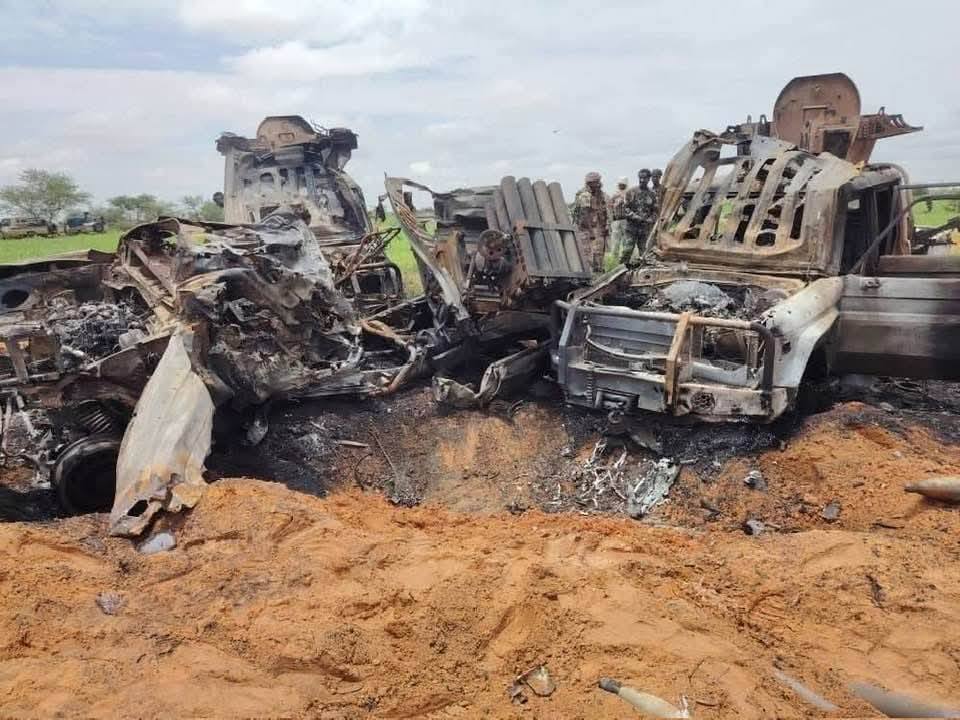
The ongoing war
Open conflict between the Rapid Support Forces (RSF) and the Sudanese Armed Forces (SAF) erupted on 15 April 2023 and has dismantled what remained of Sudan’s transition. By 29 July 2025, 9,937,444 people were internally displaced across 10,731 locations in all 18 states, and 2,004,302 displaced Sudanese had returned to their areas of origin since November 2024, according to Radio Dabanga’s reporting of IOM data In a World Humanitarian Day update, Radio Dabanga also noted nearly 12 million people displaced overall since the war began, including almost four million who fled across borders Health indicators have collapsed alongside governance: by late July 2025, the Federal Emergency Operations Centre had registered more than 84,000 cholera cases and over 2,100 deaths across 17 states, figures reported by Radio Dabanga. The UN Fact-Finding Mission warned in June 2025 that accountability and an arms embargo are essential to protect civilians and curb atrocities.
What about the civilian transition?
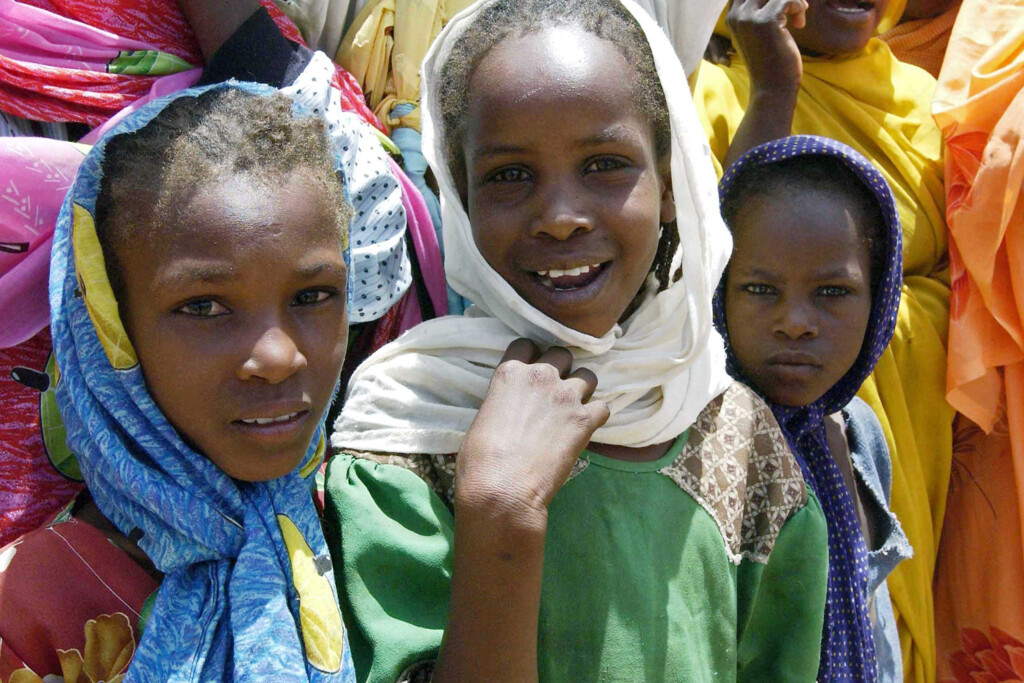
The promise of civilian rule, enshrined in the 2019 Constitutional Declaration, is now more distant than ever. Instead of preparing for elections, Sudan faces parallel claims to power and governance that have left people without a credible path to democracy. As the TIMEP analysis observes, recent efforts by Sudan’s de facto authorities to appoint civilian leaders risk creating little more than a “civilian façade,” with decision-making still concentrated in the hands of military commanders.
Meanwhile, civilians continue to bear the brunt of the conflict. The Human Rights Watch World Report 2025 notes that over 10.8 million Sudanese are displaced, including more than 8 million uprooted since April 2023. The ICRC reports that hospitals, water systems, and other critical infrastructure have been systematically targeted or destroyed, leaving millions without essential services and making meaningful participation in governance almost impossible.
The European Union Agency for Asylum warns that political violence and persecution continue to drive mass displacement into neighbouring countries, further draining the pool of citizens able to engage in any future transition.
If Sudan is to return to a democratic path, civilian voices must be given priority in any negotiations, transitional justice mechanisms must address atrocities, and guarantees must be made that future governance will be accountable to its people. Without these steps, the dream of civilian rule risks becoming a hollow promise and the sacrifices of 2019 will remain unfulfilled.











 and then
and then